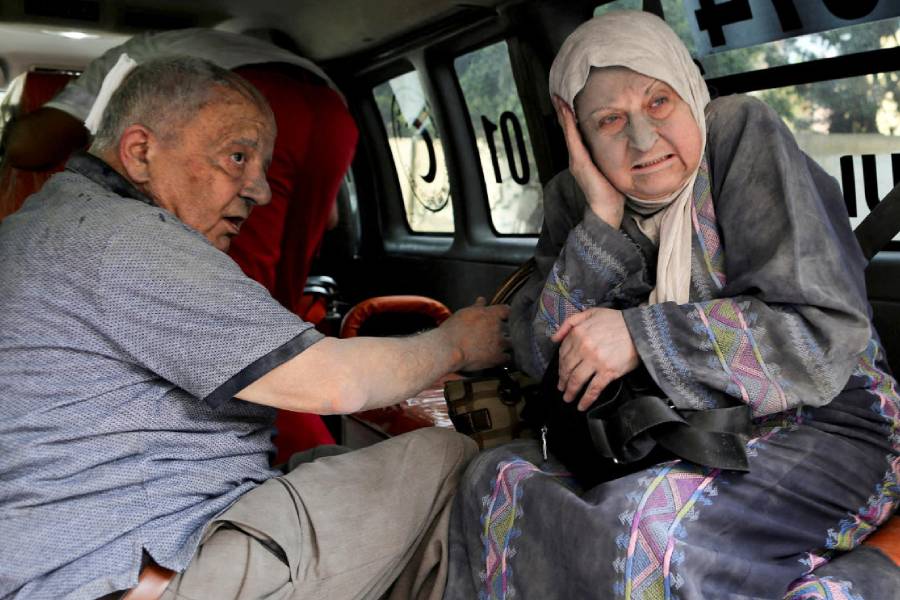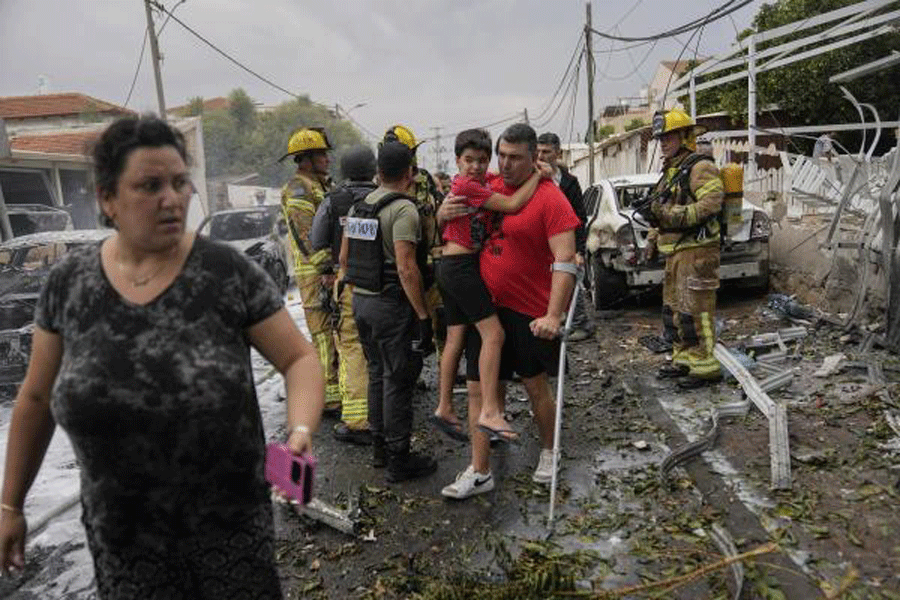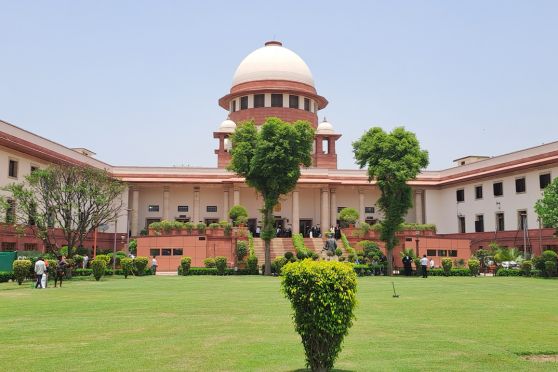Israel’s defence minister ordered a “complete siege” of the long-blockaded Gaza Strip on Monday, as Tel Aviv’s forces battled Palestinian militants in border towns for a third day and launched retaliatory strikes that hit a mosque and a marketplace in Gaza.
Defence minister Yoav Gallant said that “no electricity, no food, no water, no fuel” would be allowed into Gaza, in effect trying to cut off a crowded coastal territory already under a 16-year-old blockade.
More than two days after the devastating incursion by Palestinian militants, the chief military spokesperson, Rear Admiral Daniel Hagari, declared that the army had regained control of border communities but acknowledged that “there may still be terrorists in the area”.
Lt Col Richard Hecht of the Israel defence forces acknowledged in a briefing on Monday that fighting was continuing, saying: “We thought by this morning we’d be in a better place.”
The continued violence — and the fact that militants say they are holding 150 Israeli hostages — has added to the stunned disbelief enveloping Israel, where families are watching men and women who had finished their main military service called back to serve and where the names of the dead have scrolled across television screens. More than 700 people have been killed in Israel and nearly 2,400 wounded.
In Gaza, Israeli forces have launched hundreds of air strikes since the incursion, including one on Monday that ripped through a marketplace in northern Gaza, killing dozens.
Israeli officials say the strikes have targeted sites linked to Hamas, the militant group that controls the territory. UN and Palestinian officials say a hospital, homes and mosques have been hit.
At least 560 Palestinians have been killed, according to authorities in Gaza, and at least 2,900 others have been injured.
As Israel mobilised 300,000 reservists, it sent troops and tanks to the south to prepare for what military officials said would be the next stage of the war, and which analysts suggested could involve a ground invasion of Gaza.
But such an operation seems unlikely to begin until Israel secures its own territory, and its timing and scale remain unclear because Hamas and other militants are holding so many Israelis hostage.
Hamas’s armed wing, al-Qassam, said four Israelis being held by the militants were killed in an Israeli bombardment overnight, along with the Palestinians holding them captive. The claim could not be independently verified.
New York Times News Service












